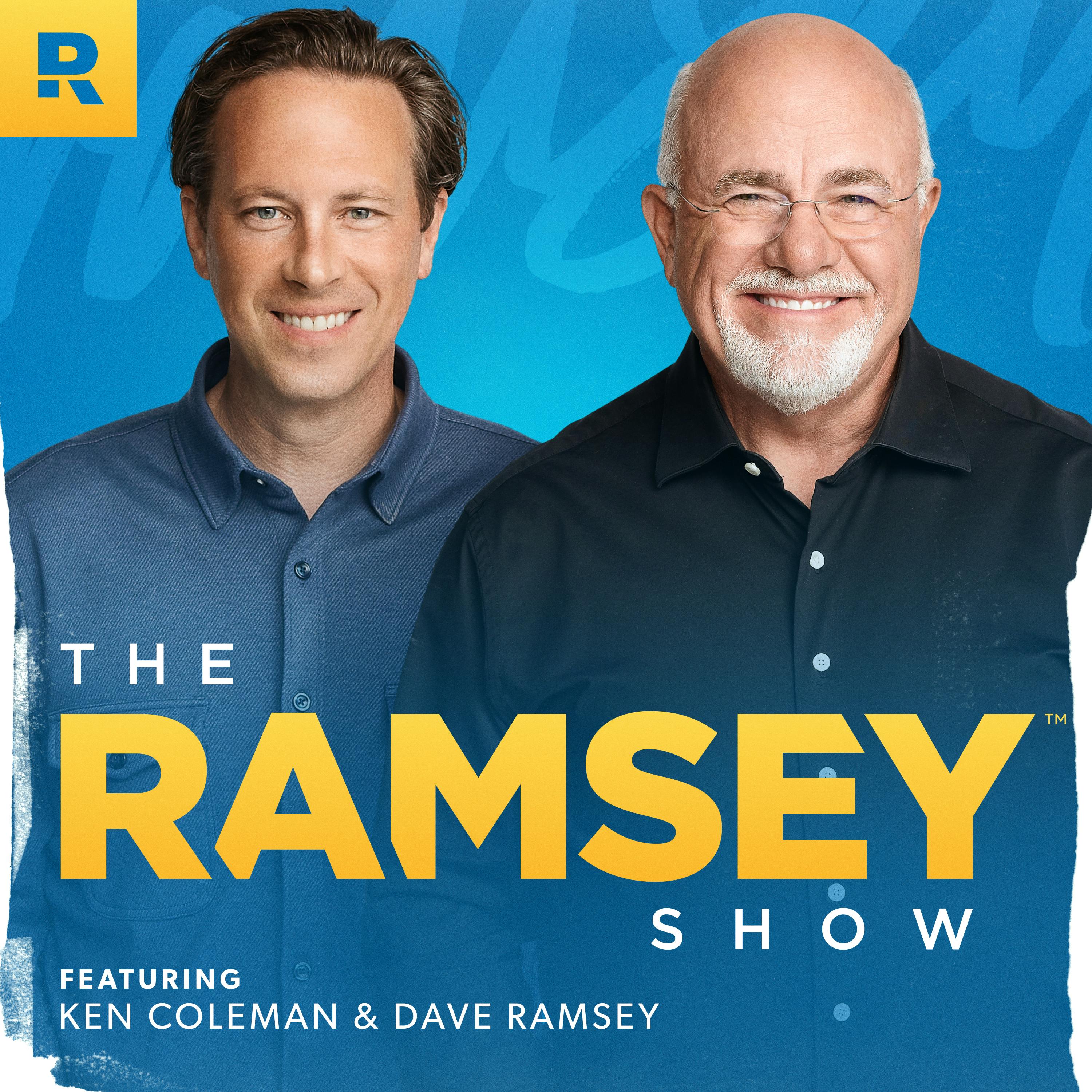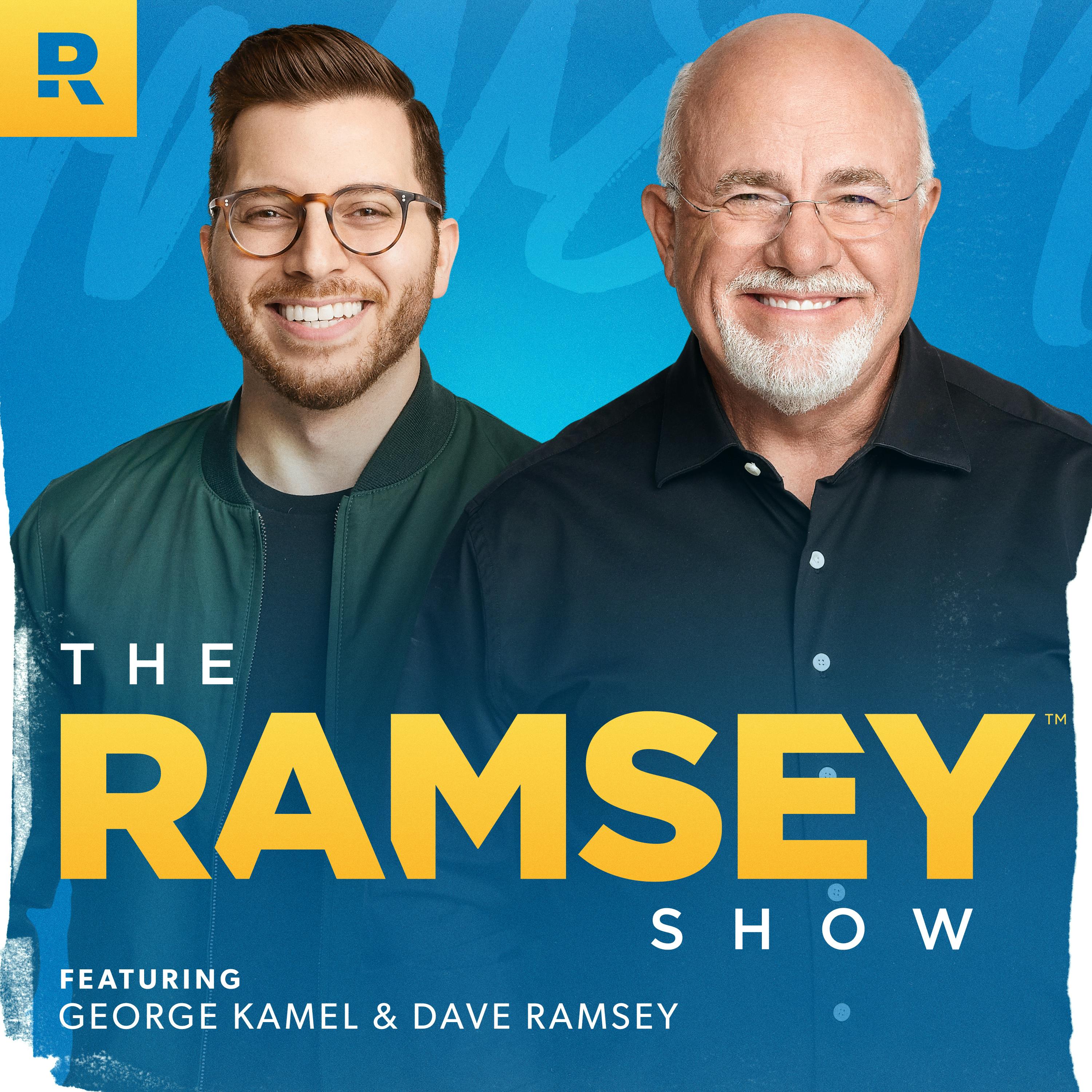You Can’t Outearn Your Stupidity
🤔 Can an online will work for you? Take this quiz to find out!
George Kamel and Rachel Cruze answer your questions and discuss:
"Am I ok to use credit cards as long as I pay them off every month?"
"Should I focus on paying down debt or saving if I will be without a job for about a year and a half?"
"Should my girlfriend and I get an apartment together?"
"Should I be investing in a 529 or mutual funds for my kids?"
"I have $30,000 in debt, how do I go about paying this off?"
"My family doesn’t think it is a good idea to rent out my main home and live in the loft apartment. Why shouldn’t I?".
Next Steps:
✔️ Help us make the show better. Please take this short survey.
📞 Have a question for the show? Call 888-825-5225 weekdays from 2–5 p.m. ET or send us an email.
📱 Get episodes early in the free Ramsey Network app!
💵 Start your free budget today. Download the EveryDollar app!
💻 Find out where you stand with your money and get a free plan.
❤️🩹 Open Enrollment is here—get free help from a RamseyTrusted health advisor!
Connect With Our Sponsors:
Stop paying more and start shopping smarter at ALDI.
Get 10% off your first month of BetterHelp.
Go to Boost Mobile to switch today!
Go to Casper Sleep and use promo code RAMSEY to learn more.
Learn more about Christian Healthcare Ministries.
Get started today with Churchill Mortgage.
Get 20% off when you join DeleteMe.
Go to FAIRWINDS Credit Union for an exclusive account bundle!
Debt collectors hassling you? Take back control of your life at Guardian Litigation Group
Find top health insurance plans at Health Trust Financial.
Use code RAMSEY to save 20% at Mama Bear Legal Forms.
Visit NetSuite today to learn more.
For more information, go to SimpliSafe.
Get started with YRefy or call 844-2-RAMSEY.
Visit Zander Insurance for your free instant quote today!
Explore more from Ramsey Network:
💸 The Ramsey Show Highlights
🧠 The Dr. John Delony Show
🍸 Smart Money Happy Hour
💡 The Rachel Cruze Show
💰 George Kamel
🪑 Front Row Seat with Ken Coleman
📈 EntreLeadership
Ramsey Solutions Privacy Policy
Learn more about your ad choices. Visit megaphone.fm/adchoices
George Kamel and Rachel Cruze answer your questions and discuss:
"Am I ok to use credit cards as long as I pay them off every month?"
"Should I focus on paying down debt or saving if I will be without a job for about a year and a half?"
"Should my girlfriend and I get an apartment together?"
"Should I be investing in a 529 or mutual funds for my kids?"
"I have $30,000 in debt, how do I go about paying this off?"
"My family doesn’t think it is a good idea to rent out my main home and live in the loft apartment. Why shouldn’t I?".
Next Steps:
✔️ Help us make the show better. Please take this short survey.
📞 Have a question for the show? Call 888-825-5225 weekdays from 2–5 p.m. ET or send us an email.
📱 Get episodes early in the free Ramsey Network app!
💵 Start your free budget today. Download the EveryDollar app!
💻 Find out where you stand with your money and get a free plan.
❤️🩹 Open Enrollment is here—get free help from a RamseyTrusted health advisor!
Connect With Our Sponsors:
Stop paying more and start shopping smarter at ALDI.
Get 10% off your first month of BetterHelp.
Go to Boost Mobile to switch today!
Go to Casper Sleep and use promo code RAMSEY to learn more.
Learn more about Christian Healthcare Ministries.
Get started today with Churchill Mortgage.
Get 20% off when you join DeleteMe.
Go to FAIRWINDS Credit Union for an exclusive account bundle!
Debt collectors hassling you? Take back control of your life at Guardian Litigation Group
Find top health insurance plans at Health Trust Financial.
Use code RAMSEY to save 20% at Mama Bear Legal Forms.
Visit NetSuite today to learn more.
For more information, go to SimpliSafe.
Get started with YRefy or call 844-2-RAMSEY.
Visit Zander Insurance for your free instant quote today!
Explore more from Ramsey Network:
💸 The Ramsey Show Highlights
🧠 The Dr. John Delony Show
🍸 Smart Money Happy Hour
💡 The Rachel Cruze Show
💰 George Kamel
🪑 Front Row Seat with Ken Coleman
📈 EntreLeadership
Ramsey Solutions Privacy Policy
Learn more about your ad choices. Visit megaphone.fm/adchoices
Press play and read along
Transcript
Transcript is processing—check back soon.
The Ramsey Show — You Can’t Outearn Your Stupidity





